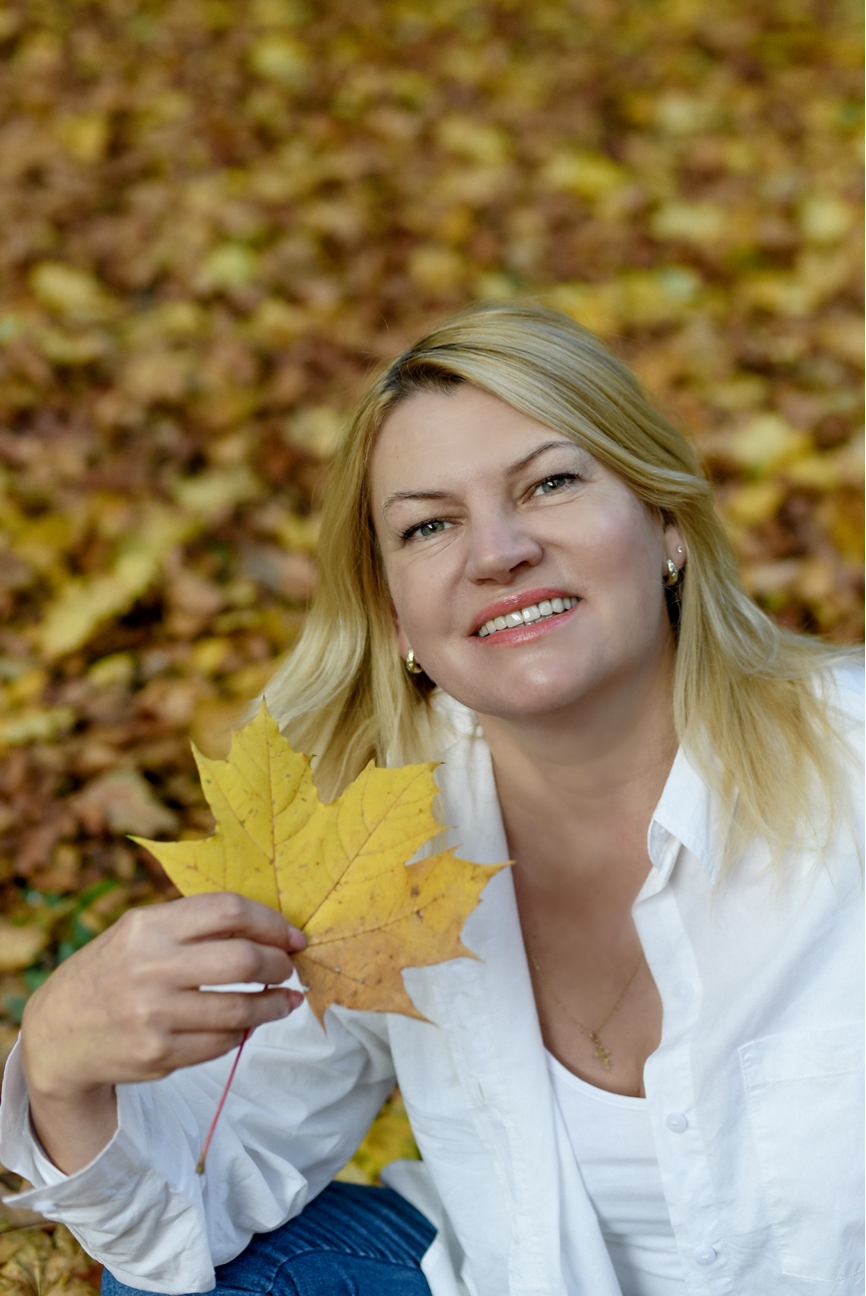Interview with Valentyna Ushchyna: The language of power or the power of language?
- Valentyna Ushchyna

- Nov 20, 2025
- 4 min read
We hear from Valentyna Ushchyna, one of the co-authors – alongside Magdalena Szczyrbak – of recent Journal of Language and Politics article, The language of power or the power of language?. Valentina tells us what inspired this piece, as well as the key takeaways from her study.

Photo by Olha Romaniuk via iStock by Getty Images

The article demonstrates that politicians construct their identities in alignment with the surrounding sociopolitical context and in response to both domestic and international expectations. It reveals that “doing politics” and “doing leadership” are closely connected to language use.
Why did you decide to write this piece?
I live in a country that has been fighting an existential battle for about 4 years already. When Russia invaded Ukraine in February 2022, I was peacefully sleeping in my bed, in the Western part of the country, intending to take my teenage son to school and go to my lectures the next morning. However, being geographically far from the aggressor, has not saved us from being awaken by the sounds of bomb explosions at around 4 am.
At first, nobody could believe it was real and as the dawn broke, we all were glued to the news trying to find the logical explanation to what was happening around us. It was then that I started paying attention to WHAT and HOW the President of Ukraine was saying to his people. I can responsibly state that this was a very unique communicative situation not just for Ukraine but for the whole Europe and the world in general, as there were no precedents in the XXI century that the country as big as Russia would start a war of aggression against its close neighbour with no reason, or warning.
It was then that I decided to gather “data” and analyse it – partly because I wanted to distract myself from all the terror of real war, and partly because Presidential speeches ignited my researcher’s interest. I could not but notice that President Zelensky was a “different” person while addressing Ukrainian people every night or even several times a day. The language he used, the rhetorical devices he employed, the communicative strategies he chose were means for discursive constructing the identity of a national leader, not just a regular politician.
What are the key takeaways?
The article demonstrates that politicians construct their identities in alignment with the surrounding sociopolitical context and in response to both domestic and international expectations. It reveals that “doing politics” and “doing leadership” are closely connected to language use. Political figures shape their public personas through discourse, presenting themselves as decisive, compassionate, and charismatic. The study found that in his daily speeches to Ukrainians, President Volodymyr Zelensky employs cooperative communication strategies that build the image of a charismatic leader who seeks to motivate his people rather than impose authority. His leadership style features few analytical speech markers but a high presence of authenticity markers, which convey sincerity and warmth. This creates a sense of closeness with the public and strengthens his popularity as a national leader.
At the beginning of the Russian invasion, Zelensky’s speeches were marked by intense emotional expression and frequent use of affective language, reflecting the heightened tension of the early war months and contributing to his leadership effectiveness. Over time, however, the tone of his rhetoric shifted – from negative in 2022 to more positive in 2023 - corresponding with improved battlefield conditions, increased international support, and the ongoing resilience of the Ukrainian people. During the first year of the war, Zelensky successfully established himself as a charismatic leader capable of inspiring and guiding the nation through a defining historical moment. His language transformed formal presidential authority into genuine popular legitimacy – illustrating how power expressed through language can become power earned through communication. Nevertheless, the study notes that such intense emotional engagement in public speech is unsustainable over time, eventually giving way to societal fatigue and a collective desire for stability and moderation.
Where do you plan to go next in your research?
I have a long history of investigating interrelation of language and politics. My PhD dissertation, defended in 2003, was devoted to studying power and dominance in American Presidential electoral debates 2000, when George W. Bush very unexpectedly beat Al Gore – a talented and well-articulated public speaker. I even got my first Fulbright prize for this work, spent a year at American University, and this experience forever made me a passionate scholar of political discourse.
However, as everyone else, lately, I became amazed how strikingly different political communication became in the post-modern era of globalization, misinformation, and artificial intelligence. Social media offer an unprecedented access to global audiences, and you don’t have to be a celebrity or a genius to be able to be heard globally. On the one hand, it widens the Overton window drastically, allowing unacceptable to become quite usual and mundane. On the other hand, it poses unimaginable risks for the future of democracy and politics.
Like never before, every individual stance receives global importance and makes us being responsible for every word, publicly written or said. My recent academic focus has led me to explore the concept of “discourse stance,” and I was invited to write the “STANCETAKING” entry for the forthcoming Elgar Encyclopedia of Political Communication. My immediate plans involve exploring how discursive stancetaking in political communication influences the political landscape not only in Ukraine but globally.
.png)



Comments